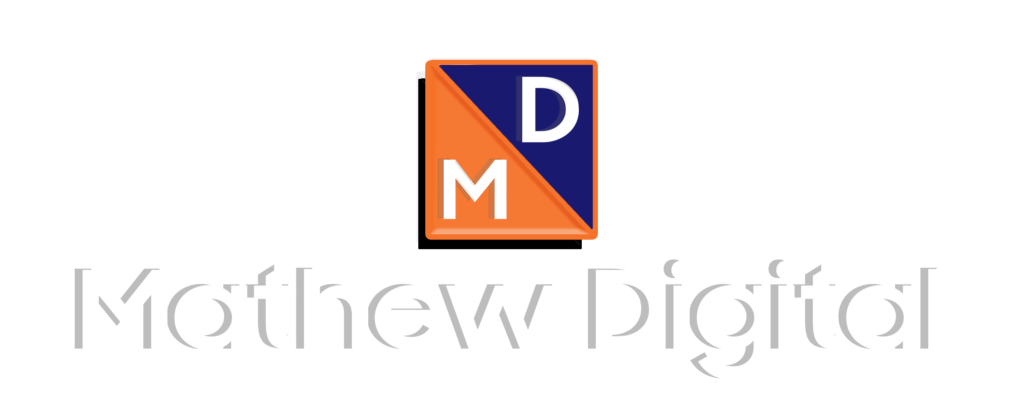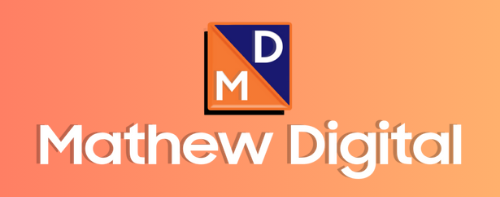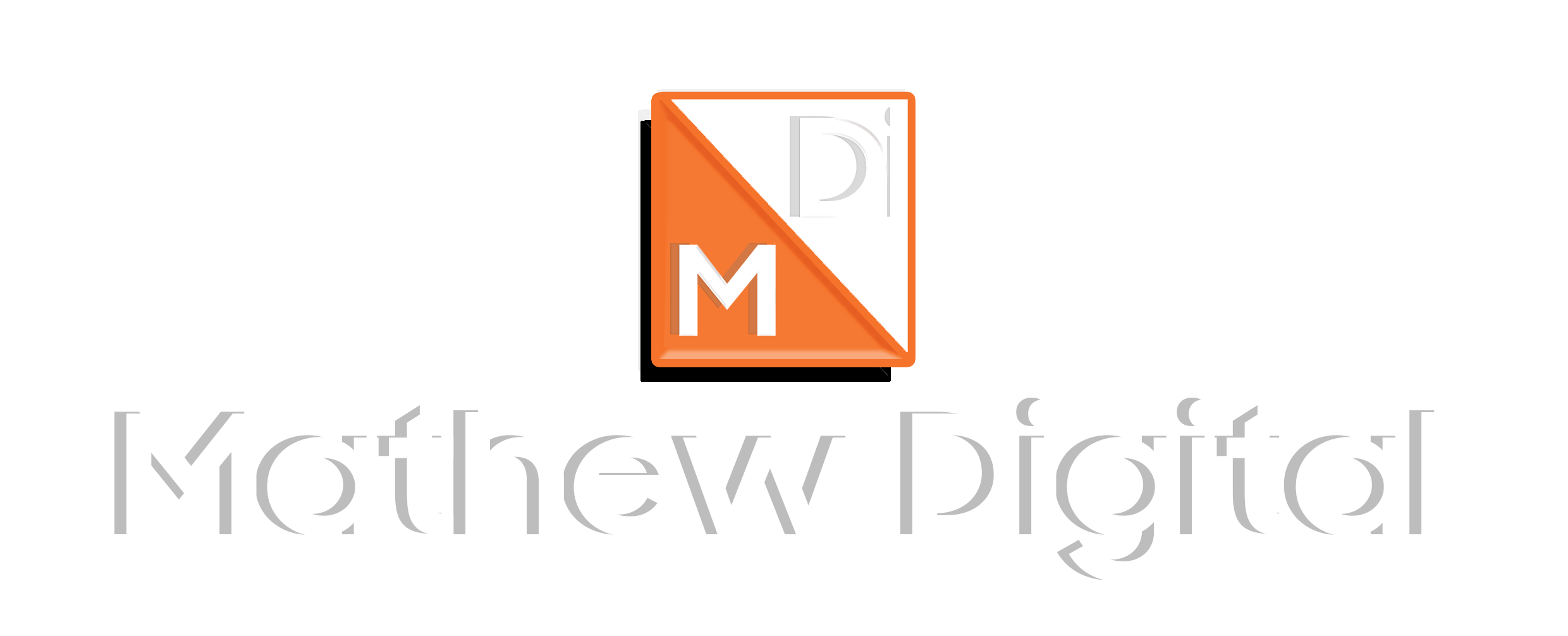Contents
- 1 Navigating the AI-Driven Digital Landscape
- 2 Understanding Google’s AI Overview
- 3 The Impact on SEO: Adapting to a New Paradigm
- 4 The Evolution of PPC in the AI Era
- 5 Strategies for Businesses to Thrive
- 6 Measuring AI Impact – New Metrics & Analytics
- 7 New Trends in AI-Powered Search Experience
- 8 How Generative AI is Changing Content Marketing
- 9 Voice Search Optimization in the Age of AI
- 10 Data Privacy, Trust, and AI Transparency
- 11 Digital Marketing Agencies in the Age of AI: Navigating New Horizons
- 12 Conclusion: Embracing the Future with Mathew Digital
Navigating the AI-Driven Digital Landscape

The digital marketing landscape is transforming rapidly in 2025, fueled by Google’s AI Overview. This transformative feature redefines how businesses approach search engine optimization (SEO) and pay-per-click (PPC) advertising. As generative AI (gen AI) becomes more integrated into search algorithms, understanding its impact is crucial for businesses aiming to maintain and enhance their online visibility.
Understanding Google’s AI Overview
Google’s AI Overview is an advanced feature that leverages generative AI to provide users with concise, synthesized answers directly on the search results page. This development aims to enhance user experience by delivering quick, accurate information without clicking through multiple links.
Key Features:
- Summarized Responses: AI-generated summaries that answer user queries succinctly.
- Integrated Sources: Combines information from various reputable websites.
- Conversational Exploration: Allows users to ask follow-up questions naturally.
- Product and Service Suggestions: Offers recommendations based on user behavior and preferences.
While this enhances the search experience for users, it presents new challenges and opportunities for businesses and digital marketers.
The Impact on SEO: Adapting to a New Paradigm
The introduction of Google’s AI Overview has significant implications for SEO strategies.
1. Rise of Zero-Click Searches
With answers provided directly on the search page, users are less inclined to visit individual websites. This trend necessitates a shift in SEO focus from merely ranking high to ensuring content is featured within AI Overviews.
2. Emphasis on Content Quality and Authority
Google’s AI favors content that demonstrates Expertise, Authoritativeness, and Trustworthiness (E-A-T). Businesses must prioritize creating high-quality, authoritative content to be considered for inclusion in AI-generated summaries.
3. Importance of Structured Data
Implementing structured data (schema markup) helps Google’s AI understand and present content effectively. This enhances the chances of being featured in AI Overviews.
4. Shift Towards Conversational Content
With the AI’s ability to handle natural language queries, content should be optimized for conversational search terms, including long-tail keywords and question-based phrases.
The Evolution of PPC in the AI Era
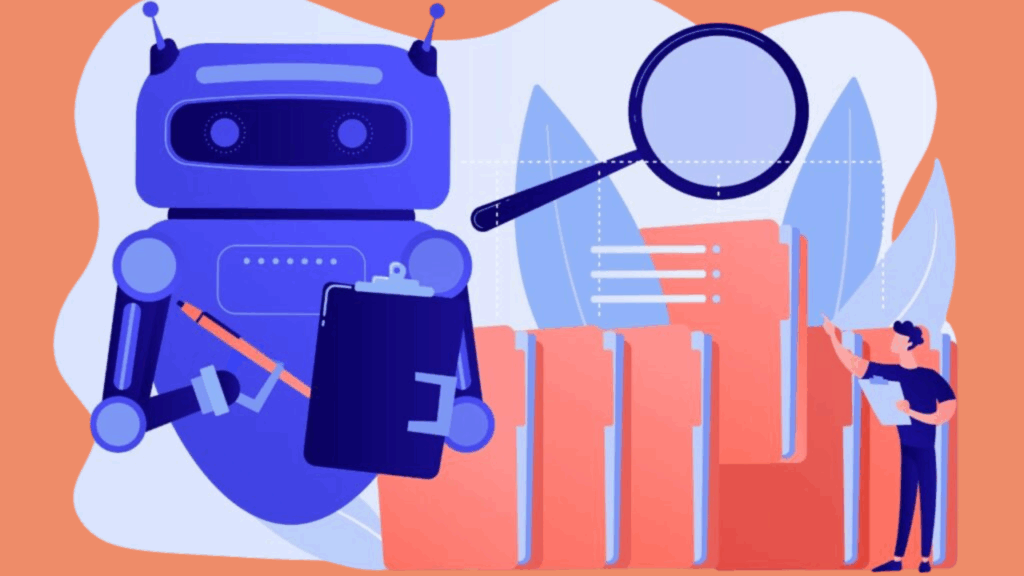
PPC advertising is also experiencing a transformation due to the integration of generative AI.
1. Automated Ad Creation
AI can now generate ad copy, headlines, and even visuals, streamlining the ad creation process and allowing for rapid testing of different variations.
2. Enhanced Targeting
AI analyzes user behavior and preferences to deliver highly targeted ads, improving conversion rates and return on investment.
3. Dynamic Bidding Strategies
Real-time data analysis enables AI to adjust bidding strategies on the fly, ensuring optimal ad placement and budget utilization.
4. Integration with Voice and Visual Search
As voice and visual searches become more prevalent, PPC campaigns must adapt to these formats, creating content that aligns with how users interact with search engines.
Strategies for Businesses to Thrive
To navigate this evolving landscape, businesses should consider the following strategies:
1. Invest in High-Quality, Authoritative Content
Focus on creating content that provides value, demonstrates expertise, and addresses user intent comprehensively.
2. Optimize for AI Overviews
Implement structured data, use clear headings, and ensure content is easily digestible to increase the likelihood of being featured in AI-generated summaries.
3. Leverage AI Tools for PPC
Utilize AI-driven platforms to automate and optimize ad campaigns, ensuring they are responsive to real-time data and user behavior.
4. Adapt to Conversational Search Trends
Incorporate natural language and question-based keywords into content to align with the way users interact with AI-powered search engines.
Measuring AI Impact – New Metrics & Analytics
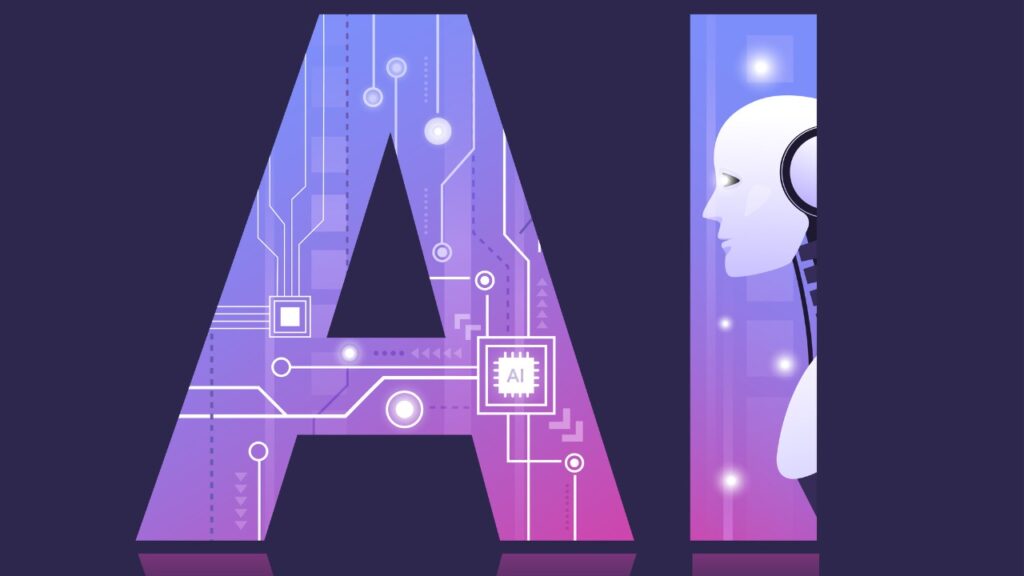
As AI reshapes both search and paid ad channels, traditional KPIs alone won’t show the full picture. Here’s how to update your measurement framework for an AI-driven digital marketing strategy:
1. AI Overview Impressions and Click-Share
What to track: How often your content is visible in Google’s AI Overview versus standard organic listings, and what percentage of those AI impressions turn into user clicks on your website.
Why it matters: High AI impressions with low website clicks indicate that you need a stronger CTA within your content.
2. Conversational Engagement Rate
What to track: Number of follow-up questions users ask after interacting with your AI-optimized content (e.g., via Google’s “Ask a follow-up” feature).
Why it matters: Shows how well your content anticipates user intent and prompts deeper exploration on the subject matter.
3. AI-Driven PPC Quality Score
What to track: Beyond standard Quality Score, monitor “Ad Variation Performance” — the rate at which AI-tested headlines/descriptions outperform your manually written ads.
Why it matters: Uncovers which ad content the AI deems most relevant, guiding your future creative briefs.
4. Time to Value for AI Tools
What to track: The Speed at which new AI features (like dynamic bidding or responsive search) reach break-even ROI compared to legacy campaigns.
Why it matters: Ensures you’re utilizing the ad budget efficiently.
5. Sentiment and Trust Indicators
What to track: Shifts in user sentiment (via social listening or on-site feedback) after implementing AI-generated summaries.
Why it matters: It gauges whether AI recommendations feel authentic and reinforce brand trust, rather than harming it.
Actionable Tip:
Integrate these metrics into your monthly dashboard alongside organic traffic, conversion rates, and cost per acquisition. By blending classic KPIs with AI-specific signals, you’ll get a holistic view of performance and continually improve both your SEO and PPC strategies in the age of generative AI.
New Trends in AI-Powered Search Experience

Google’s AI Overview is part of a broader movement toward smarter, more intuitive search experiences. Users are increasingly expecting personalized and contextually relevant responses, and businesses must adapt to this demand.
The incorporation of user history, location, and intent allows Google’s AI to deliver tailored answers. Businesses that offer personalized content, optimize for local SEO, and address niche customer needs will stand out in AI-driven search results.
How Generative AI is Changing Content Marketing
Generative AI is not just a tool for search engines—it’s becoming a cornerstone in content creation. From blog posts and social media captions to product descriptions, Gen AI enables marketers to produce large volumes of content at scale.
However, success lies in blending automation with human creativity. Content still needs a human touch to ensure authenticity, emotional connection, and brand consistency. The most effective strategy in 2025 combines the efficiency of gen AI with the insight of skilled marketers.
Voice Search Optimization in the Age of AI
As virtual assistants and smart devices become more prevalent, optimizing content for voice search is more important than ever. Google’s AI Overview takes into account conversational queries and long-tail phrases used in voice searches.
Businesses should focus on:
- Natural language phrasing
- Frequently Asked Questions (FAQs)
- Local SEO enhancements
- Mobile-first website optimization
These efforts ensure that content remains visible and relevant, especially as more users interact with search via voice.
Data Privacy, Trust, and AI Transparency
With great power comes great responsibility. As Google’s AI Overview collects and analyzes vast amounts of data, concerns around privacy and algorithmic transparency grow.
Google is investing in making its AI systems more explainable and transparent. Marketers, in turn, must ensure they use ethical data practices, gain proper user consent, and provide clear privacy policies. Trust will become a key differentiator for brands in an AI-driven world.
Digital Marketing Agencies in the Age of AI: Navigating New Horizons
Navigating the complexities of Google’s AI Overview and generative AI tools can be overwhelming. This is where seasoned digital marketing agencies can provide strategic guidance.
An agency like Mathew Digital can help you:
- Optimize content for AI visibility
- Run data-driven PPC campaigns
- Develop conversational keyword strategies
- Leverage AI tools for content generation
As the best digital marketing agency in Bangalore, we understand how to blend AI capabilities with high-performance marketing to drive results.
Conclusion: Embracing the Future with Mathew Digital

The integration of Google’s AI Overview and generative AI into search and advertising is transforming the digital marketing landscape.
Businesses that adapt to these changes by enhancing content quality, embracing AI tools, and focusing on user intent will be better positioned for success.
At Mathew Digital, we specialize in Direct-Response digital marketing services that transform your online presence into a lead-generating powerhouse. As a leading digital marketing agency in Bangalore, our expertise in SEO, PPC, and content strategy ensures your business not only adapts to the evolving digital landscape but thrives in it.
